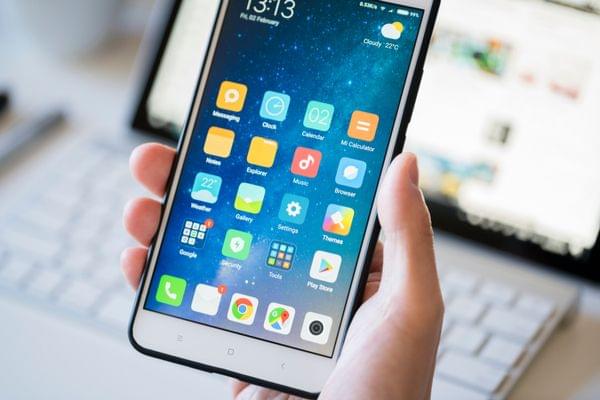What Is Rooting???
Root, at least the way we're talking about it here, is the superuser. Your Android phone uses Linux permissions and file-system ownership. You are a user when you sign in, and you are allowed to do certain things based on your user permissions. Apps you install are also given a type of user ID, and they all have permissions to do certain things — you see those when you install them on older versions of Android, or you are prompted to allow them on Marshmallow or higher — in certain folders with certain files. Root is also a user. The difference is the root user (superuser) has permission to do anything to any file anywhere in the system. This includes things we want to do, like uninstall application forced on us, or things we don't want to do that can put your Android in an unusable state. When you're doing things with superuser permissions, you have the power to do anything.
When you root your Android, you're simply adding a standard Linux function that was removed. A small file called su is placed in the system and given permissions so that another user can run it. It stands for Switch User, and if you run the file without any other parameters it switches your credentials and permissions from a normal user to that of the superuser. You are then in complete control and can add anything, remove anything and access functions on your phone or tablet that you couldn't reach before. This is pretty important, and something you should think about before you begin.
Should I root my Android?
Yes. No. Maybe. All three answers are perfectly valid. People have different reasons to want to root their devices. Some do it just because they can — they paid for the hardware and think they should be able to do anything they like. Others want to be able to add things that aren't there, like internet servers or be able to "fix" services that are there but don't work the way they would like them to work. People might buy a phone because they like the hardware, but hate the software and want to change it. Mostly, people root their phones because they simply want to get rid of the extra things on it that they don't want. Every one of these reasons — as well as any reason you might have that aren't mentioned here — are the right reasons.
Rooting isn't the answer for everyone. If you're not sure about the ways you can break things by doing them as root, you should learn more about it before you start. It's OK to not know things and to try and learn, but not knowing and doing them anyway can turn a very expensive Android into a paperweight. You also need to know that for many Android models, rooting means your warranty is null and void. Services (including apps as well as network access from your carrier) can be denied to you because of the security risk when you're rooted. The risk is real because so many users go into it all blind and let security lapse. Not doing that is your responsibility — take it seriously! Before you do any preparation to root your phone, you need to remember that it changes everything about the inherent security from Google and the company that built it. Plenty of us don't like it, but being able to access an account with admin permissions was not included in release versions of Android on purpose. As soon as you add this capability, you are responsible for the security and integrity of the operating system and every application on it. For some, this is more responsibility than they want or need.
Does Rooting Involve Any Dangers?

Although there are many reasons why rooting is an excellent option for your phone, the process has drawbacks, too. Before starting to root your device, we recommend that you take into account all the associated risks.
If you are new to rooting, make sure to do research. You need to be extremely careful as installing the wrong file can cause your OS to crash.
Another fact to consider is that Google doesn’t support rooting, although you can find many rooted apps on Google Play. Some manufacturers make it difficult to unlock a bootloader. So, inexperienced users might not want to mess with the system.
Finally, the most significant reason why people choose not to root their phones is insurance. They believe that rooting will void their warranty. Don’t be surprised if your manufacturer refuses to provide services to you after revealing the rooting traces.
Previous Blogs : -Memory | Primary Memory | Secondary Memory | RAM | ROM



0 Comments:
Post a Comment